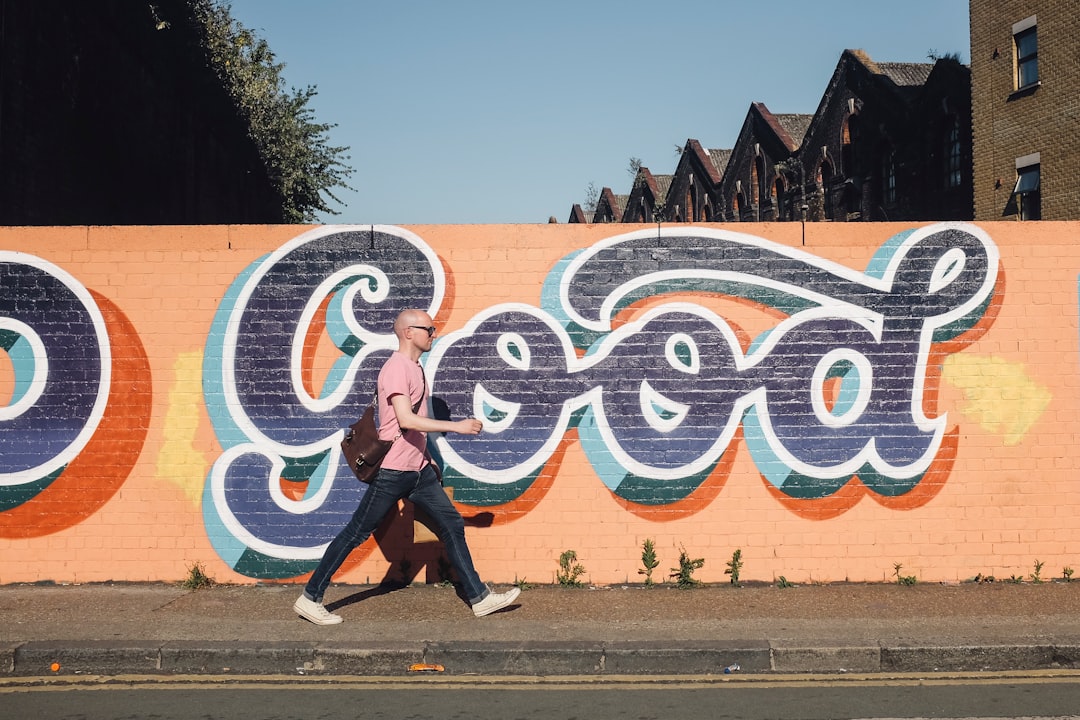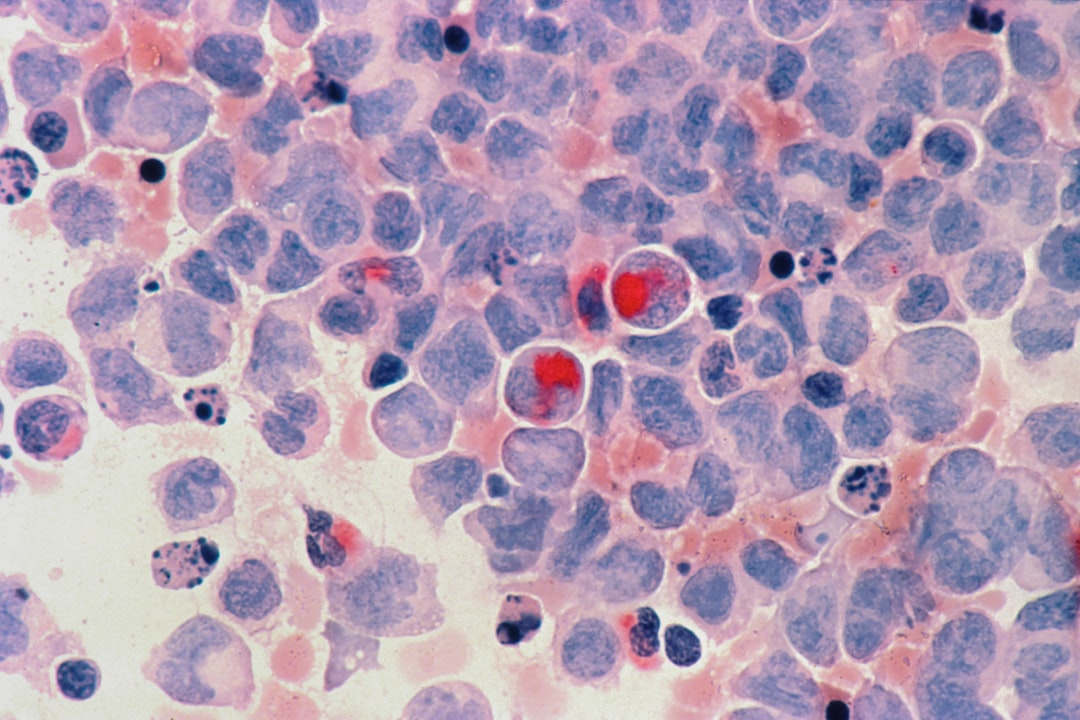What is it about?
Think back to your first memory – what age were you? This commentary reviews many years of research on this and shows that the way researchers have usually studied earliest memories (a phenomenon labeled ‘childhood amnesia’) is flawed in several ways. Typically, researchers ask people to describe their single earliest memory and then to date it, i.e., identify their age at the time. But if people are asked slightly differently, such as by asking for more than one early memory or by trying to remember multiple early memories prior to describing their ‘earliest’, they actually remember events from considerably farther back in time, to younger ages. Another flaw is that researchers assumed that people mostly date their early memories accurately. But we have found that people (children, adolescents, and adults) systematically err in their dating. If external records of memory dates show that the remembered events occurred when a person was age 2, the person doing the remembering often thinks that they were a year or two older! Thus, if someone thinks that they remember an event that occurred when they were 3 or 4 years of age, they were probably much younger. In other words, many people can remember back to when they were 2 years of age or even younger, but do not realize it because of systematic errors in memory dating and because they only tried to recall a single memory. To complicate things further, there are enormous differences between people in how far back they can remember, and their culture, background, and rearing circumstances all can influence how well they can remember their early lives.
Featured Image

Photo by Kristijan Arsov on Unsplash
Why is it important?
People’s memories from early childhood are typically discounted. “You can’t possibly remember that – you were too young!” “That is all fantasy – you just made it up.” These types of messages are what many are told when they claim to recall something from their early lives. They are disbelieved. This can have serious consequences in a forensic setting if someone describes abuse or other serious event. As frequent news stories attest, we are now discovering that many individuals who described abuse to parents or teachers or others and who were discredited at the time (because ‘of course you can’t remember that far back’) were in fact talking about real events that actually happened. A better understanding of early memory abilities can help people take ownership of their memories.
Read the Original
This page is a summary of: Gremlins in childhood amnesia research., Journal of Applied Research in Memory and Cognition, June 2023, American Psychological Association (APA),
DOI: 10.1037/mac0000112.
You can read the full text:
Contributors
The following have contributed to this page










